THREE WHO MADE A REVOLUTION
THREE WHO MADE A REVOLUTION
A BIOGRAPHICAL HISTORY
BY
Bertram D. Wolfe
Foreword by Sol Stein

FOR ELLA
First Cooper Square Press edition 2001
This Cooper Square Press paperback edition of Three Who Made a Revolution (originally published in 1948) is an unabridged republication of edition published in New York in 1984.
Copyright 1948, 1964 by Bertram D. Wolfe
Copyright renewed 1976 by Bertram D. Wolfe
Foreword copyright 1983 by Sol Stein
Published by Cooper Square Press, Inc.
A Imprint of the Rowman & Littlefield Publishing Group
150 Fifth Avenue, Suite 911
New York, NY 10011
All rights reserved. No part of this book may be reproduced in any form or by any electronic or mechanical means, including information storage and retrieval systems, without written permission from the publisher, except by a reviewer who may quote passages in a review.
Published by Cooper Square Press
An Imprint of the Rowman & Littlefield Publishing Group
150 Fifth Avenue, Suite 817
New York, New York 10011
Distributed by National Book Network
Library of Congress Cataloging-in-Publication Data
Wolfe, Bertram David, 18961977.
Three who made a revolution : a biographical history / by Bertram D. Wolfe ; foreword by Sol Stein.
p. cm.
Includes index.
Originally published: New York : Stein & Day, 1948.
ISBN 978-0-8154-1177-2
1. RevolutionariesSoviet UnionBiography. 2. Lenin, Vladmir II'ch, 18701924. 3. Trotsky, Leon, 18791940. 4. Stalin, Joseph, 18791953. 5. Soviet UnionHitoryRevolution, 19171921Causes. I. Title.
DK253 .W65 2001
947.084'092'2dc21
[B]
2001042384
 The paper used in this publication meets the minimum requirements of American National Standard for Information SciencesPermanence of Paper for Printed Library Materials, ANSI/NISO Z39.48-1992.
The paper used in this publication meets the minimum requirements of American National Standard for Information SciencesPermanence of Paper for Printed Library Materials, ANSI/NISO Z39.48-1992.
Manufactured in the United States of America.
The Author
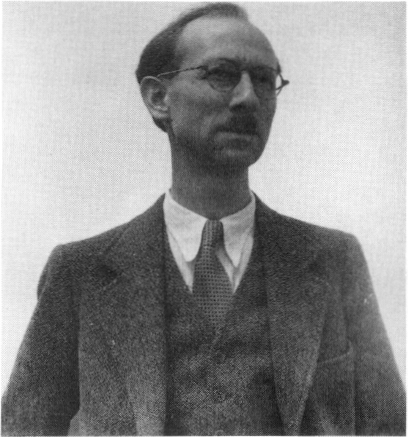
Bertram D. Wolfe on his way to the Fifth Congress of the Communist International in 1924.
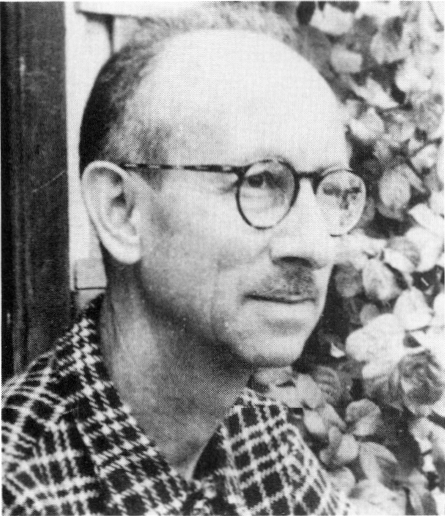
Wolfe, when he was Chief of the Ideological Advisory Staff of the Voice of America, U.S. State Department; taken on Cape Cod in 1955.
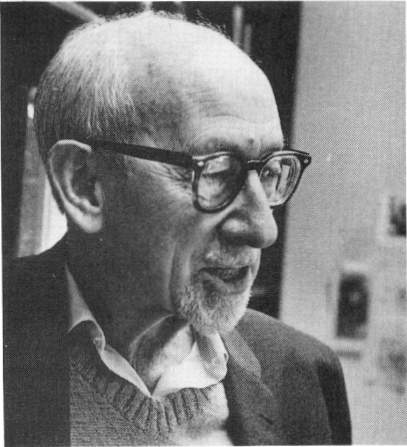
Wolfe was a Fellow and Writer-in-Residence at the Hoover Institution at Stanford University during the last twelve years of his life. This picture was taken in 1973.
BERTRAM D. WOLFE was born in Brooklyn in 1896, and educated in the local schools, the College of the City of New York, the University of Mexico, and Columbia University. His lifelong interest in Russia began in 1917, when after the First Revolution in March of that year he predicted a second revolution that would take Russia out of the war. He has visited Russia three times, lived in Moscow for a total of two years, made the personal acquaintance of Stalin, Trotsky, Bukharin, Molotov, Manuilsky, Kerensky, Tseretelli, Chernov, and many of the other personages that figure in his pages.
Mr. Wolfe lectured and gave courses on Russian history, politics, institutions and culture in many of our leading universities, as well as at Oxford and the University of Geneva. His last academic appointment was as Distinguished Visiting Professor of Russian History at the University of California. California gave him an honorary doctorate in 1962 for his notable contributions to historical literature. He was awarded three Guggenheim Fellowships, and Senior Fellowships in Slavic Studies at the Hoover Institution (Stanford University) and the Russian Institute (Columbia University).
He contributed articles on Russian history and institutions, on Marxism, Communism, and the nature of totalitarianism to Foreign Affairs, The Slavic Review, The Russian Review, and other scholarly journals, as well as to Harpers, United States News and World Report, Life, Readers Digest, and other general publications, and notable book reviews on works in his field to The New York Times and the New York Herald-Tribune.
Bertram Wolfe died in 1977 in the midst of writing his autobiography, A Life in Two Centuries, which was published in 1979.
Credo
Time in its irresistible and ceaseless flow carries along on its flood all created things and drowns them in the depths of obscurity... But the tale of history forms a very strong bulwark against the stream of time, and checks in some measure its irresistible flow, so that, of all things done in it, as many as history has taken over it secures and binds together, and does not allow them to slip away into the abyss of oblivion.
Anna Comnena
The historian has a duty both to himself and to his readers. He has to a certain extent the cure of souls. He is accountable for the reputation of the mighty dead whom he conjures up and portrays. If he makes a mistake, if he repeats slanders on those who are blameless, or holds up profligates or schemers to admiration, he not only commits an evil action; he poisons and misleads the public mind.
Albert Mathiez
History does nothing, possesses no enormous wealth, fights no battles. It is rather man, the real, living man, who does everything, possesses, fights. It is not History, as if she were a person apart, who uses men as means to work out her purposes, but history itself is nothing but the activity of men pursuing their purposes.
Karl Marx
Society can never think things out:
It has to see them acted out by actors,
Devoted actors at a sacrifice
The ablest actors I can lay my hands on.
God to Job, in Robert Frosts
The Masque of Reason
Contents
Full Circle
a foreword by
Sol Stein
In the early 50s, I came upon a publishing failure called Three Who Made a Revolution. Though Edmund Wilson, then the dean of American literary critics, had called it the best book in its field in any language, its original publisher, the Dial Press, had sold fewer than 1,000 copies a year since its publication in 1948. It was ready for the scrap heap.
I was young, naive, inexperienced, and found it intolerable that a book that had influenced my perception of the century should be consigned to death. A book, unlike a magazine or newspaper, was supposed to be durable, an object of worth, permanent, to be passed on with lesser treasures to ones children. My heart cried out like a young lovers in despair. War, pestilence, traffic cut lives short, but should books, like people, be subject to premature death?
I was not then in publishing. So I ran about frantically seeking a reprieve, a cure. I spoke to my friend Nathan Glazer, then Jason Epsteins second-in-command at Anchor Books. He agreed with me about the worth of the book, but his prognosis was dire; Three Who Made a Revolution was far too long to fit into a pocketsized Anchor Book. It would take three volumes, and resetting it to fit the pocket format would cost too much: the patient was not immortal; it would die like an animal.


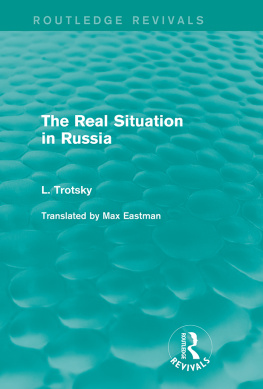
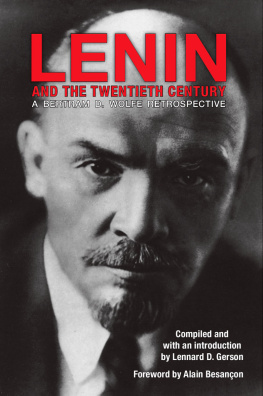
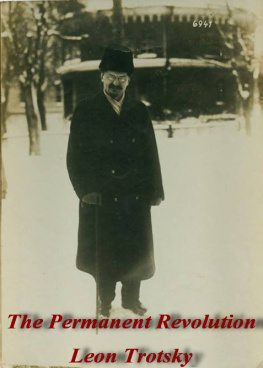
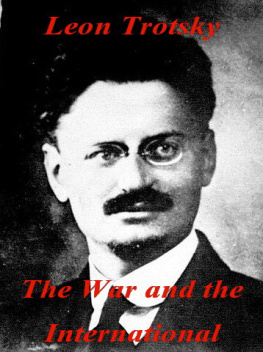
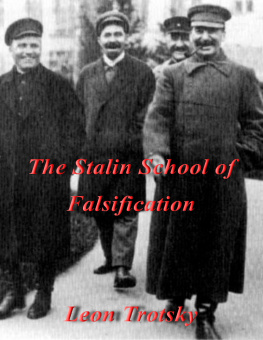
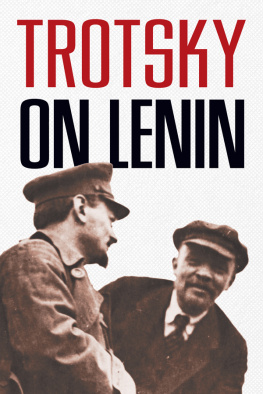

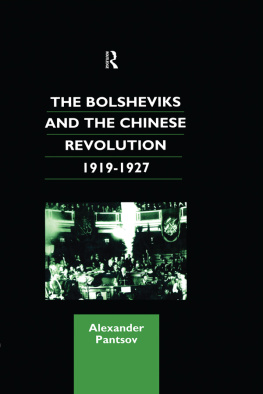
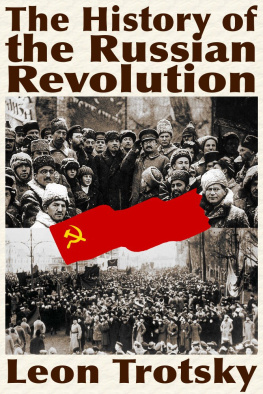
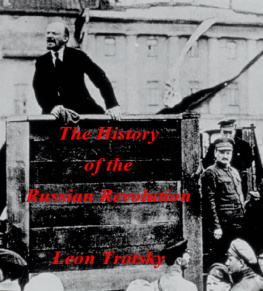
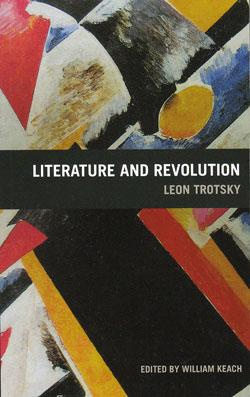

 The paper used in this publication meets the minimum requirements of American National Standard for Information SciencesPermanence of Paper for Printed Library Materials, ANSI/NISO Z39.48-1992.
The paper used in this publication meets the minimum requirements of American National Standard for Information SciencesPermanence of Paper for Printed Library Materials, ANSI/NISO Z39.48-1992.

